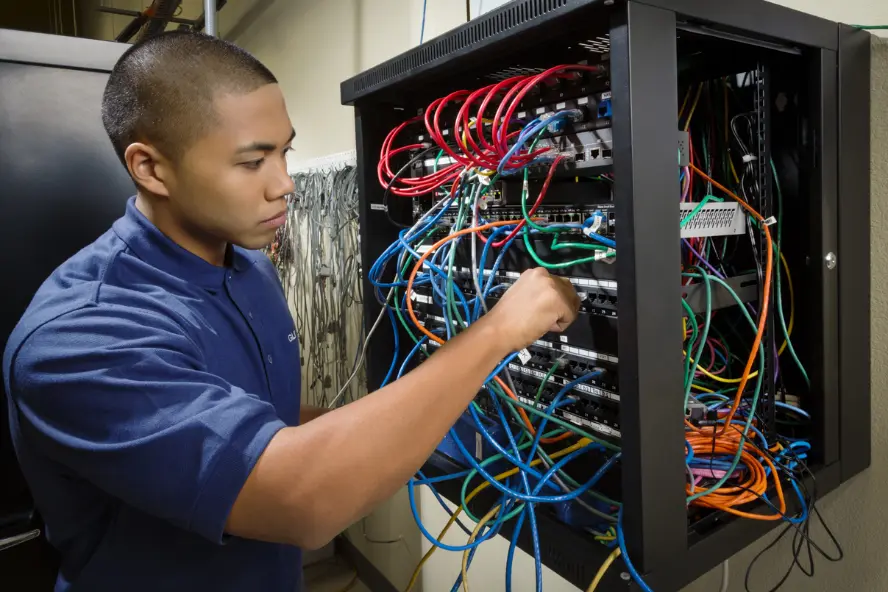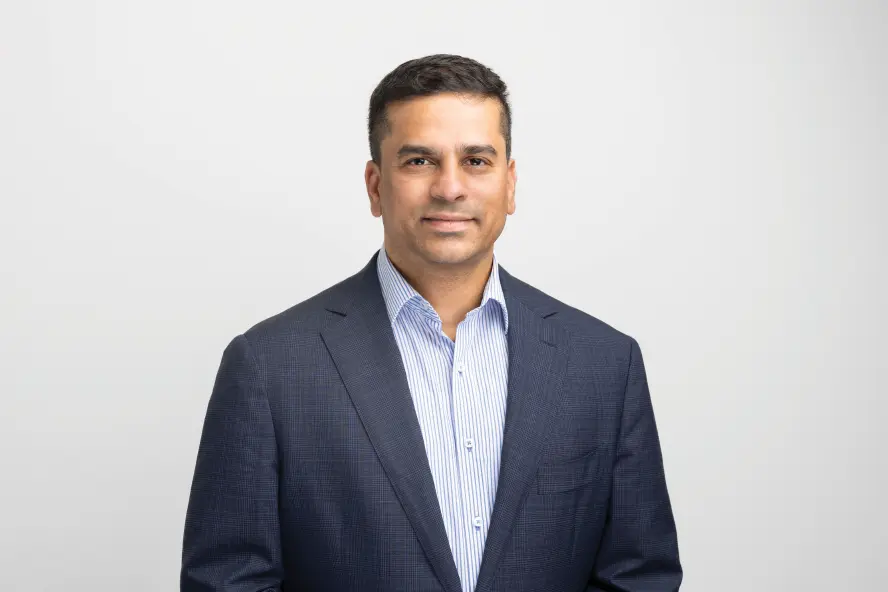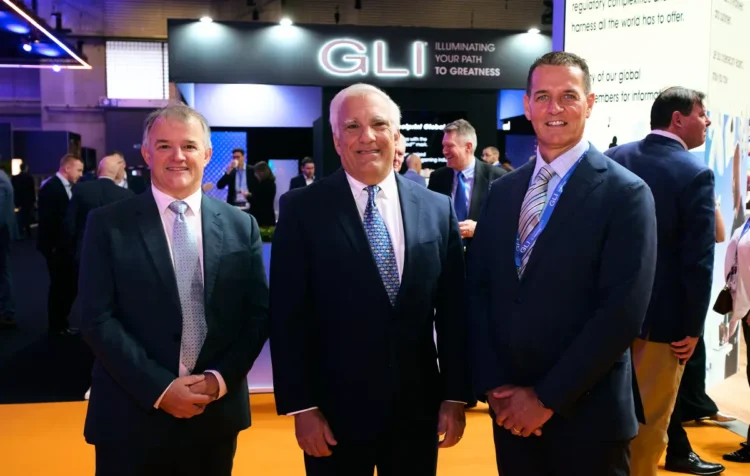Since its establishment in 1989, Gaming Laboratories International (GLI) has developed into the world’s most trusted name when it comes to testing and certifying products for the gaming industry.

Since the company was first established in New Jersey in 1989, Gaming Laboratories International (GLI) has grown to become the world’s trusted voice in the testing and certification of the products that make our industry tick.
Its comprehensive range of testing and certification services specifically tailored to the gaming industry covers everything from Random Number Generators (RNG), Return to Player (RTP) evaluation and game testing to IP blocking, platform testing, geolocation assessments and age and identity verification controls.
Achieving the GLI-certified trademark is today recognized as a seal of assurance, serving as a clear symbol that the product has met GLI’s rigorous standards as well as local regulatory requirements – giving users and regulators alike confidence in its quality and compliance.

“We are proud to be a trusted partner to the industry, committed to integrity, innovation and excellence in everything we do,” explains Marina Wong, the Macau-based General Manager of GLI Asia.
“Our services are designed to ensure that gaming products are fair, secure and compliant, meeting regulatory standards across various jurisdictions. Ultimately, our goal is to support our clients in delivering a trusted, high-quality gaming experience while helping them navigate the complexities of regulatory compliance with confidence.”
GLI’s influence on the gaming industry of today is evidenced by the sheer scale of its operations. From that initial office in New Jersey some 36 years ago to the opening of its international office in Adelaide, Australia in 1994, the company now boasts around 1,800 staff operating in over 710 jurisdictions globally, with offices in 31 of those.

It also continues to evolve its offerings to meet the ever-changing technological landscape, within which the global gaming industry operates.
“While our foundation remains in core testings like RNG, RTP and platform testing, we have expanded into areas such as cybersecurity assessments and customized training through GLI University,” says Wong. “This evolution has been necessary to support emerging technologies, new regulatory requirements and the growing demand for secure, responsible gaming environments. Our ability to adapt ensures we remain a trusted partner of clients navigating an increasingly complex and dynamic industry.”
An example of this is artificial intelligence (AI), with the industry as a whole experiencing rapid growth in AI adoption.
 Paulo Batalha Da Silva, GLI’s Regulatory Development Manager, says AI has become a common point of discussion during his regular travels around the Asia-Pacific region to meet with regulators.
Paulo Batalha Da Silva, GLI’s Regulatory Development Manager, says AI has become a common point of discussion during his regular travels around the Asia-Pacific region to meet with regulators.
“Several have already inquired about the use of AI in EGMs (electronic gaming machines) and [to assist with] responsible gaming,” he told IAG.
“While we are in the process of monitoring and understanding the use of AI in the industry through some of the products we test, our team testing and certification provides the secure foundation the industry needs to evolve without of course compromising compliance or integrity.

Paulo Batalha Da Silva
“We also work very closely alongside the regulators to translate new and emerging technologies into smart standards and regulations whenever needed.”
Batalha Da Silva, whose role includes responsibility for building and maintaining strong relationships with gaming regulators and government agencies in places like Macau, South Korea, Singapore, Japan, the Philippines, Cambodia, Vietnam and Thailand, clarifies that working closely with these bodies is vital to ensuring GLI and its partners stay ahead of the curve.
“Regular communication with the regulators is key for me to develop an understanding of what ongoing regulations the regulators plan to implement to tackle the changing gaming environment,” he says. “It’s also important for me to be aware of what new technologies are available, to better help them regulate their gaming industry.

Gnanasekar Babu
“I often exchange information with regulators on what’s happening in other jurisdictions, so our team works closely on a daily basis to share information on what’s happening globally and support each other to deliver this level of service to our industry partners and our customers.
“In doing so, we have developed lots of insights on product releases, new technologies and changes to regulations which are very helpful in assisting the forward planning of regulators as well as for GLI to test according to each individual jurisdiction’s unique requirements and policies.”
Being aware of these unique requirements is vital, Batalha Da Silva adds. Macau’s DICJ, for example, is very focused on inspections and verifying compliance in the field, while Singapore’s Gaming Regulatory Authority (GRA) is more mindful of the evaluation and approval process. Philippine gaming regulator PAGCOR, on the other hand, is renowned for being open-minded in welcoming new technologies and implementing a streamlined inspection process on the gaming floor to minimize downtime.
“GLI handles this by having a dedicated team that stays on top of all the latest developments and maintains a relationship with their regulators to provide support and advice,” Batalha Da Silva continues. “We also ensure our engineers are trained, are aware of the aspects in each market and are confident and capable of handling that.”
One of the core components of GLI’s testing prowess is its systems team, led by its Manager of Engineering Systems, Gnanasekar Babu.

Why are systems so important to the company’s offering?
“Because systems are the backbone of the entire gaming industry,” Babu explains. “Everyone wants to ensure reliable data, a trustworthy data source and smooth operations for each venue, and that’s where the system comes into play. The transferability and accountability that the system brings in are the key pillars of the gaming environment – and for the regulators as well.”
Among the vast array of systems GLI tests are casino monitoring systems, cashless and ticketing systems, responsible gaming systems, pre-commitment systems, online gaming systems, WAN (wide area network) jackpot systems and local jackpot systems. It also looks into facial recognition systems, payment systems and even the mobile apps used to transfer funds into a slot machine.
The incredible array of tools the GLI team uses for such testing is exhaustive and too numerous to list, but Babu points out that the company’s services include performance and load testing, penetration testing, vulnerability assessments, integration testing, compliance and pre-compliance testing, and more.

“We have proprietary tools and we have process tools, and we have upscaled the team specifically for specific markets,” he says. “Our team, the GLI team, has been structured in such a way that a set of team members will work with a group of manufacturers and journey along with them. That way they understand the product, what changes are happening with the product – all of the technologies – and as it evolves, even the team gains knowledge because they are part of the journey.”
According to Batalha Da Silva, it is this attention to detail and commitment to continuous knowledge-building that sets GLI apart.
“GLI’s global testing services are world-class, and our goal is to keep providing this excellent service to our customers day in, day out,” he offers.
“Our team in Asia-Pacific is expanding ahead of our business demands to make sure we keep up with the business volume so we can ensure the delivery of our service to our customers to meet their timeline and business needs.”




























